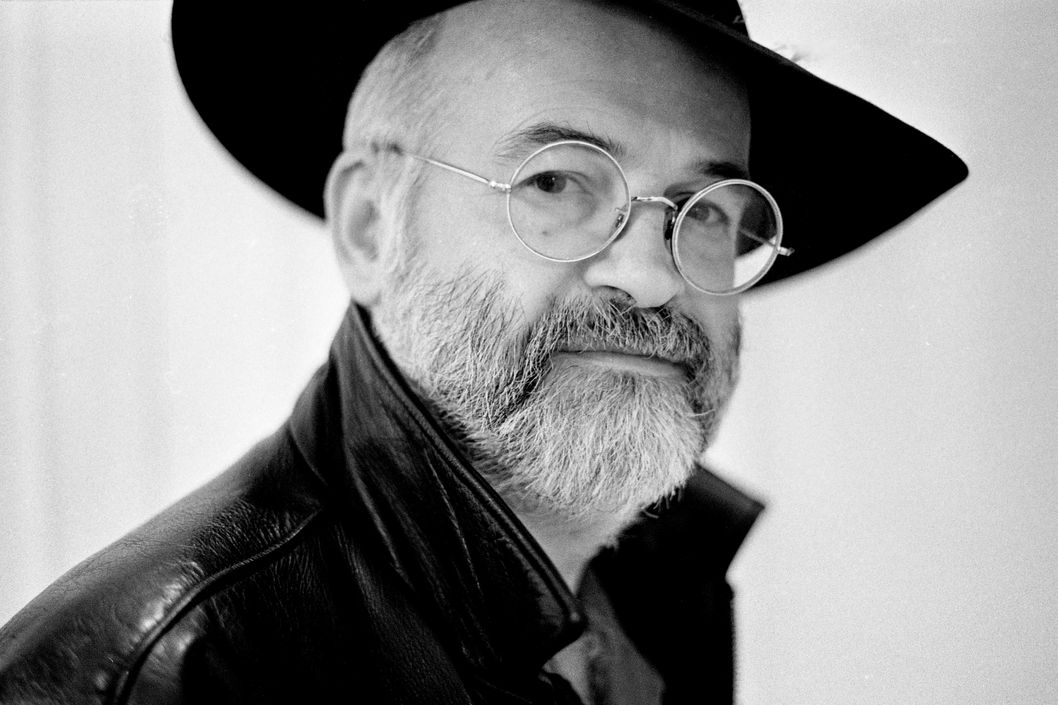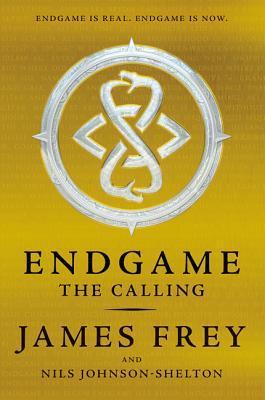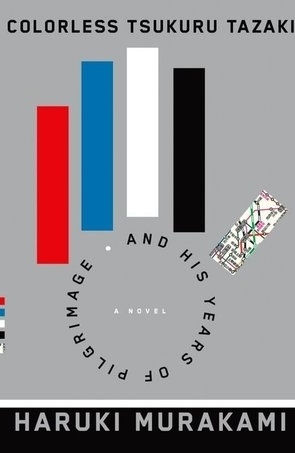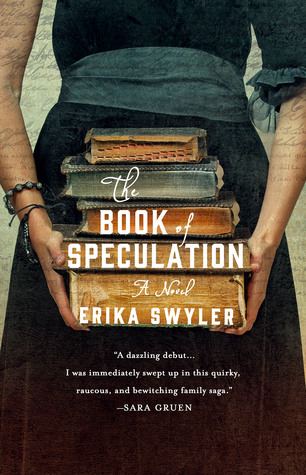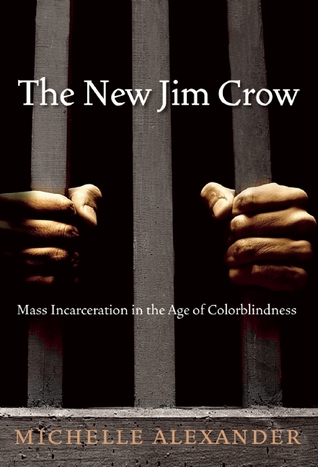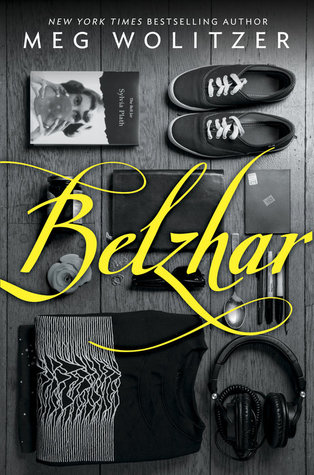I discovered this fun tag on Debby’s blog Snuggly Oranges. I’m too shy to tag anyone else, but play along if you want!
The Rules: Randomly choose three books that you’ve read and decide which of the three you would burn, rewrite, or reread. You have to use all three categories per round of three books. Goodreads has a “random” sort option for read books, so that’s what I’m doing to choose mine.
Round 1
Reread: And Then There Were None by Agatha Christie
I have a horrible memory when it comes to story lines, so I’d be happy to re-read this fun mystery in a year or two.
Rewrite: The Fountainhead by Ayn Rand
I really loved this book despite my disagreeing with its philosophy and morals. But the final chapters are SO PREACHY and gag-inducing that I would re-write them to be more subtle.
Burn: Sisters by Raina Telgemeier
Luck of the draw! It’s not that I hated this book, but I wasn’t head-over-heels in love with it either.
Round 2
Reread: The War of the Worlds by H.G. Wells
This classic sci-fi is always worth a reread, but I really should read some other H.G. Wells stuff first.
Burn: Squirrel Seeks Chipmunk by David Sedaris
Out of all the Sedaris books I’ve read, this is my least favorite. Yeah, some of the stories are funny, because when animals act like humans with problems it is pretty funny. It’s also really awkward a lot the time.
Rewrite: Anne of the Island (Anne of Green Gables #3) by L.M. Montgomery
REWRITE TO HAVE ANNE AND GILBERT BLYTHE TOGETHER!!!!! Seriously, we wait for that the whole freaking series and then LOOK AT THIS POS RESOLUTION.
Round 3
Reread: Emma by Jane Austen
My all-time favorite author is Jane Austen, and I’ve only read Emma once. I’ve read P&P 6+ times, S&S a handful of times too, but how is it that I’ve read Mansfield Park and Emma the SAME AMOUNT OF TIMES? For shame.
Rewrite: After Dark by Haruki Murakami
There are several things that I didn’t like about this story and mostly because it’s not 1Q84 or Kafka on the Shore. It needs a rewrite with more emphasis on the super weird coma girl.
Burn: The Cardturner by Louis Sachar
You know this author because he wrote Holes. The Cardturner is not Holes.
Do you agree? Speak now or forever hold your peace!
The Rules: Randomly choose three books that you’ve read and decide which of the three you would burn, rewrite, or reread. You have to use all three categories per round of three books. Goodreads has a “random” sort option for read books, so that’s what I’m doing to choose mine.
Round 1
Reread: And Then There Were None by Agatha Christie
I have a horrible memory when it comes to story lines, so I’d be happy to re-read this fun mystery in a year or two.
Rewrite: The Fountainhead by Ayn Rand
I really loved this book despite my disagreeing with its philosophy and morals. But the final chapters are SO PREACHY and gag-inducing that I would re-write them to be more subtle.
Burn: Sisters by Raina Telgemeier
Luck of the draw! It’s not that I hated this book, but I wasn’t head-over-heels in love with it either.
Round 2
Reread: The War of the Worlds by H.G. Wells
This classic sci-fi is always worth a reread, but I really should read some other H.G. Wells stuff first.
Burn: Squirrel Seeks Chipmunk by David Sedaris
Out of all the Sedaris books I’ve read, this is my least favorite. Yeah, some of the stories are funny, because when animals act like humans with problems it is pretty funny. It’s also really awkward a lot the time.
Rewrite: Anne of the Island (Anne of Green Gables #3) by L.M. Montgomery
REWRITE TO HAVE ANNE AND GILBERT BLYTHE TOGETHER!!!!! Seriously, we wait for that the whole freaking series and then LOOK AT THIS POS RESOLUTION.
Round 3
Reread: Emma by Jane Austen
My all-time favorite author is Jane Austen, and I’ve only read Emma once. I’ve read P&P 6+ times, S&S a handful of times too, but how is it that I’ve read Mansfield Park and Emma the SAME AMOUNT OF TIMES? For shame.
Rewrite: After Dark by Haruki Murakami
There are several things that I didn’t like about this story and mostly because it’s not 1Q84 or Kafka on the Shore. It needs a rewrite with more emphasis on the super weird coma girl.
Burn: The Cardturner by Louis Sachar
You know this author because he wrote Holes. The Cardturner is not Holes.
Do you agree? Speak now or forever hold your peace!
















